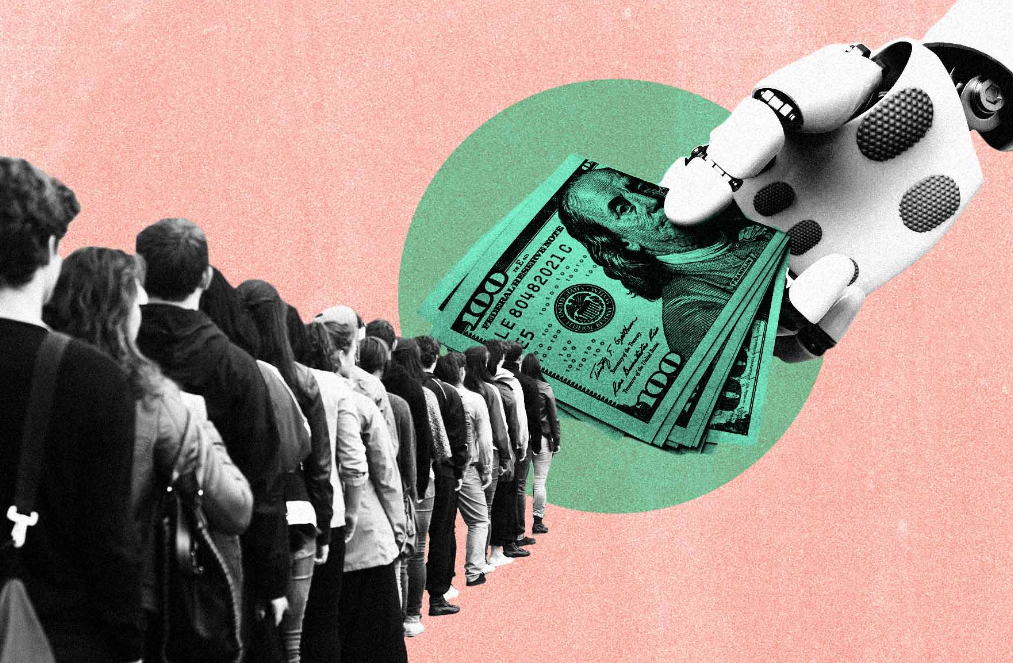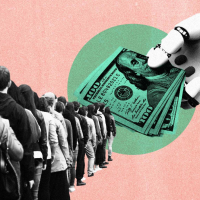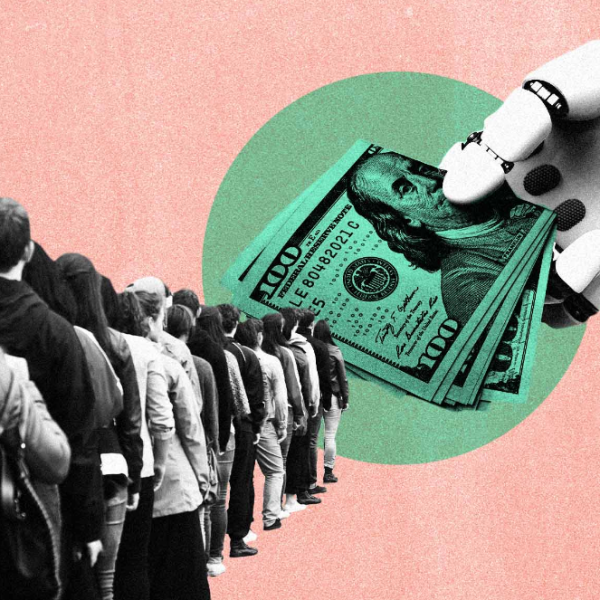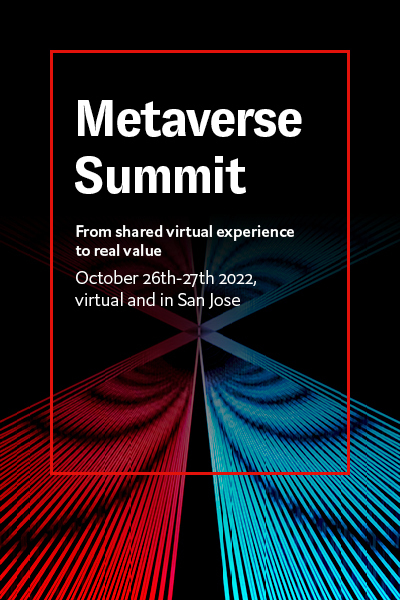- Last modified: July 10, 2024
The better the artificial intelligence (AI), the more the debate on Universal Basic Income (UBI) picks up. People remain ignorant of what consequences AI may have in the future and judge it only as a computer hyper tool. This technological revolution may fundamentally reshape our economy and society, making UBI not just a possibility but a necessity.
The transition to an automated economy powered by AI will likely render many jobs obsolete. To maintain consumption and economic stability, UBI could provide a crucial safety net. However, the implementation of such a system faces significant challenges.
Current UBI proposals often fall short of providing a truly livable income. A meaningful UBI must be substantial enough to support a decent standard of living. Starting with a modest amount and gradually increasing it over time could be a pragmatic approach. Additionally, complementary measures like universal healthcare and reforms such as shorter workweeks should be considered alongside UBI.
Funding UBI presents another hurdle. Corporate tax avoidance strategies and a declining tax base in many countries raise questions about sustainability. This can be corrected with measures like salary capping on high-level employees, increasing the taxes put on tech companies, or introducing an AI tax or dividend system.
There is a hope given by the fact that AI will have the ability to drastically bring down the costs of production. On a brighter note, AI could potentially make life-sustaining goods and services so cheap that a resource economy becomes possible. The pace at which it means this could be leading to a future in which advanced AI would make money obsolete and goods are produced on demand.
Despite this, we must be cautious about relying solely on the visions of wealthy tech CEOs. Their aggressive pursuit of AI — with the potential existential risks, coupled with their dismissal of UBI — raises concerns. We should question why their opinions are valued more than those of individuals facing real economic struggles.
The consolidation of wealth and power through AI investments is a significant concern. Without intervention, AI could exacerbate existing inequalities, trivializing human skills and leading to widespread poverty. To counter this, we should explore bottom-up uses of AI, such as farming bots or government-run agricultural initiatives, to reduce costs and provide free essentials.
Broader public awareness and debate about UBI and the changing social contract are crucial. We need louder demands from the public and journalists for political action on economic issues posed by AI. History shows that the wealthy are often reluctant to share their fortunes voluntarily.
As we navigate this complex landscape, we must remember that UBI is likely just a transitional step. The ultimate goal should be to create a society where material wealth becomes less significant due to AI-provided abundance. This could involve rethinking resource distribution entirely to ensure everyone’s basic needs are met.
The path forward may involve a combination of UBI and other methods, such as government-run industries, to support citizens. We might need to consider more radical ideas, like abolishing money altogether if AI renders human labor largely unnecessary.
As we stand on the brink of this AI-driven transformation, it’s clear that our economic systems must evolve. UBI, influenced and potentially enabled by AI, could play a crucial role in this evolution. However, it’s just one piece of a much larger puzzle that we must solve to ensure a prosperous and equitable future for all.







